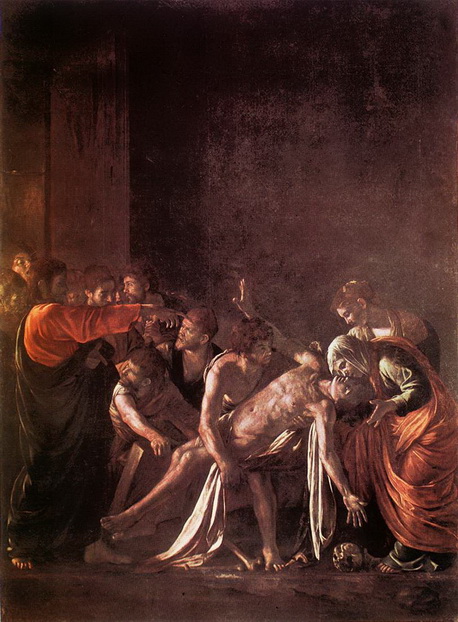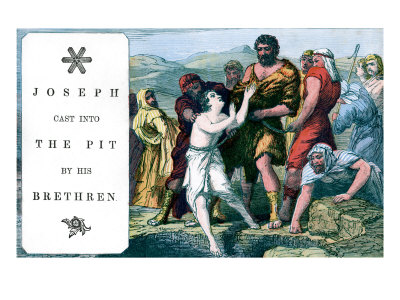Every Saturday I plan to present to you direct quotes from books I have read.
 Today I present to you selections from the first 2 chapters of Timothy Keller's Generous Justice. Maybe next Saturday I will post more from the book.
Today I present to you selections from the first 2 chapters of Timothy Keller's Generous Justice. Maybe next Saturday I will post more from the book.
The Bible is seen by many as a great hindrance in doing justice work. I am so thankful for this book because it lays out how and why the Bible actually is a fundamental source for promoting justice and compassion for those in need. My view of the Bible is renewed and I am excited to read passages that I had at once thought to be excessively boring. And this new insight from the Bible is not just intellectually stimulating. I am surprised and so humbled that it sometimes pours out of me as if I were just a pitcher of water. I want to work for justice because a God who I am in love with is all about it!
Okay, here are the quotes I found to be most striking in the first two chapters:
"Israel was charged [in Old Testament times] to create a culture of social justice for the poor and vulnerable because it was the way the nation could reveal God's glory and character to the world.
"...if you are trying to live a life in accordance with the Bible, the concept and call to justice are inescapable. We do justice when we give all human beings their due as creations of God. Doing justice includes not only righting of wrongs, but generosity and social concern, especially toward the poor and vulnerable. This kind of life reflects the character of God."
"God often tells the Israelites to lend to the poor without interest and to distribute goods to the needy and to defend the fatherless, because, "the LORD your God...defends the cause of the fatherless and the widow, and loves the alien, giving him food and clothing (Deuteronomy 10:17-18)."
 Referencing Deuteronomy 15:7-8
Referencing Deuteronomy 15:7-8
"The poor man was not to be given merely a token "handout." Rather, credit and help were to be extended until he was completely out of poverty. The generosity extended to the poor could not be cut off until the poor person's need was gone and until he reached a level of self-sufficiency. Now we can understand how the passage could say, "There should be no poor among you." God's concern for the poor is so strong that he gave Israel a host of laws that, if practiced, would have virtually eliminated any permanent underclass."
"Any large-scale improvement in a society's level of poverty will come through a comprehensive array of public and private, spiritual, personal, and corporate measures...
"The three causes of poverty, according to the Bible, are oppression, calamity, and personal moral failure."
 Today I present to you selections from the first 2 chapters of Timothy Keller's Generous Justice. Maybe next Saturday I will post more from the book.
Today I present to you selections from the first 2 chapters of Timothy Keller's Generous Justice. Maybe next Saturday I will post more from the book.The Bible is seen by many as a great hindrance in doing justice work. I am so thankful for this book because it lays out how and why the Bible actually is a fundamental source for promoting justice and compassion for those in need. My view of the Bible is renewed and I am excited to read passages that I had at once thought to be excessively boring. And this new insight from the Bible is not just intellectually stimulating. I am surprised and so humbled that it sometimes pours out of me as if I were just a pitcher of water. I want to work for justice because a God who I am in love with is all about it!
Okay, here are the quotes I found to be most striking in the first two chapters:
"Israel was charged [in Old Testament times] to create a culture of social justice for the poor and vulnerable because it was the way the nation could reveal God's glory and character to the world.
"...if you are trying to live a life in accordance with the Bible, the concept and call to justice are inescapable. We do justice when we give all human beings their due as creations of God. Doing justice includes not only righting of wrongs, but generosity and social concern, especially toward the poor and vulnerable. This kind of life reflects the character of God."
"God often tells the Israelites to lend to the poor without interest and to distribute goods to the needy and to defend the fatherless, because, "the LORD your God...defends the cause of the fatherless and the widow, and loves the alien, giving him food and clothing (Deuteronomy 10:17-18)."
 Referencing Deuteronomy 15:7-8
Referencing Deuteronomy 15:7-8"The poor man was not to be given merely a token "handout." Rather, credit and help were to be extended until he was completely out of poverty. The generosity extended to the poor could not be cut off until the poor person's need was gone and until he reached a level of self-sufficiency. Now we can understand how the passage could say, "There should be no poor among you." God's concern for the poor is so strong that he gave Israel a host of laws that, if practiced, would have virtually eliminated any permanent underclass."
"Any large-scale improvement in a society's level of poverty will come through a comprehensive array of public and private, spiritual, personal, and corporate measures...
"The three causes of poverty, according to the Bible, are oppression, calamity, and personal moral failure."


















